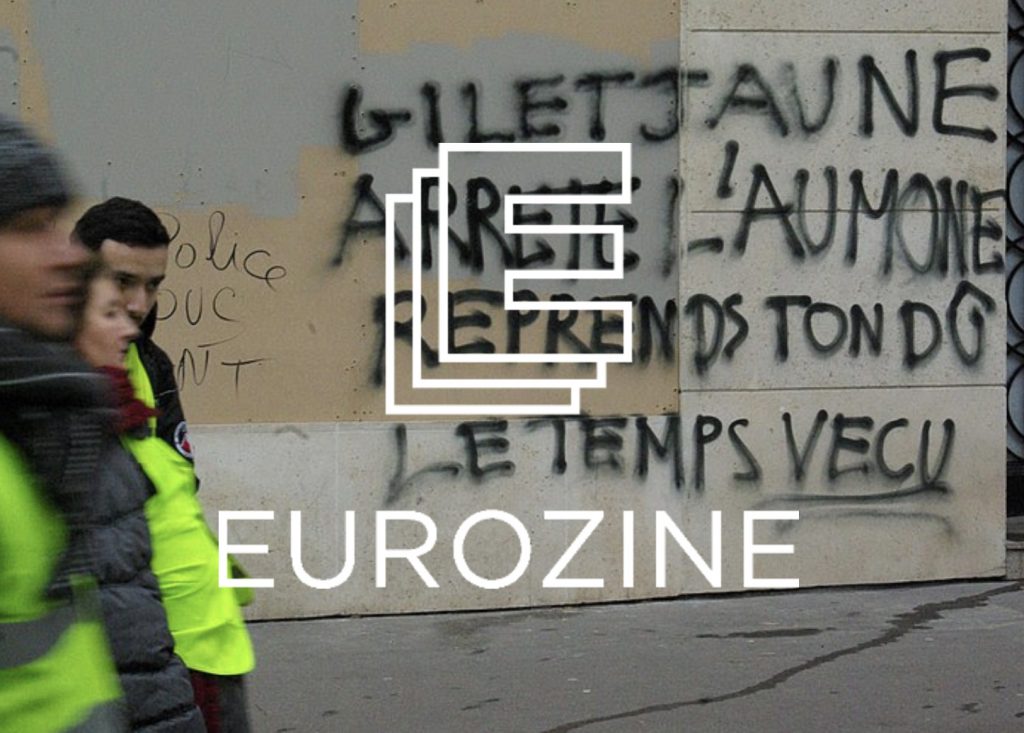An era of constitutional reform?
It is no coincidence that in both France and the US, nations uniquely proud of their democratic traditions, debates are emerging about constitutional reform. Recent articles explain why.
Less encouraging are signs from France. Polls for the presidential elections in April 2022 show the far-right penseur–provocateur Éric Zemmour level-pegging with Marine Le Pen at 15%. The combined leftwing vote, including the Greens, meanwhile languishes at 20%. Though Macron still leads, his winning formula in 2017 – ‘neither right nor left’ – won’t secure him the same comfortable majority this time around.
As Michäel Fœssel writes in Esprit, Macron’s liberal revolution quickly ran up against the wall of the gilet jaunes and COVID-19. Four years later, a reconciliation with liberalism is no longer on the agenda. But piling on state power cannot be the answer. Rather, Macron must engage with popular grievances at the institutional level. According to Föessel, increasing democratic participation means nothing less than rethinking the constitution of the Fifth Republic.

Photo by Stefan jaouen, CC BY-SA 4.0, via Wikimedia Commons
Could liberal democracies be entering an era of constitutional reform? The discussion in the US would certainly suggest so. In a fascinating and important issue of Public Seminar, Aziz Rana argues that the habit of treating the US constitution as the apotheosis of democracy is directly connected to America’s emergence as global hegemon.
But as democratic dysfunctions within the nation become ever more apparent, the culture of constitutional veneration is being questioned. ‘Both the legitimacy of the American Century and of the American constitutional model are facing profound pressure today,’ writes Rana. ‘Given how entangled the two are, it makes sense that just as they emerged together, they are also breaking down together.’
Anthony Barnett, co-founder of openDemocracy and campaigner for constitutional reform in the UK, responds. Constitutional piety reveals an ignorance of Trumpism’s anti-elitist appeal, Barnett claims. ‘There are at least two, linked issues at stake in any effort to create a democratic polity in the US. The first is over who is included in the “we” of “We, the people”. The second is over the role of big money and dark money in controlling policy outcomes.’
But is constitutional reform even enough? Remarkably for two professors of constitutional law, Samuel Moyn and Ryan Doerfler argue that the ‘myth of fundamental law’ must be relinquished. ‘In the midst of a new racial uprising and calls for a “political revolution” only very recently in the air, why pretend that our political disputes turn on the “best” reading of an eighteenth or nineteenth century text instead of the sort of “freedom” or “equality” we as a people want our society to embody today, here and now?’
For something completely different, we strongly recommend filmmaker Petronella Petander’s electrifying essay about loss, dependency and addiction, first published in the Swedish journal Glänta. Here is just a sample, describing the author’s return from rehab: ‘By the time I came back, the world I had left no longer existed. The tiny fragile hope for myself, which had just started to sprout in me, was lost the moment the immense insight struck me: I had missed the digitalization of society.’
If this doesn’t tap into to an early twenty-first century Urangst, what does?
This editorial is part of our 17/2021 newsletter. Subscribe to get the weekly updates about our latest publications and reviews of our partner journals.
Published 20 October 2021
Original in English
First published by Eurozine
© Eurozine
PDF/PRINTNewsletter
Subscribe to know what’s worth thinking about.
Related Articles

Born into a cosmopolitan Jewish family, Ferenc Fejtő lived a turbulent youth as a Marxist and social democrat in Horthy’s Hungary. Having fled just before the fascist rise to power, he led a more comfortable life as a journalist and historian of eastern Europe in Paris, remaining within the left even after his disillusionment with communism.

Teaching diary
How public education reached its breaking point in Hungary
Teachers in Hungary are on a wildcat strike and pupils are demanding their pedagogues be paid. Public education has long been at the forefront of the Orbán administration’s centralizing frenzy, which exploits the country’s traditional hostility toward workers’ advocacy. But those caught in the system are more determined than they’ve been in decades.











